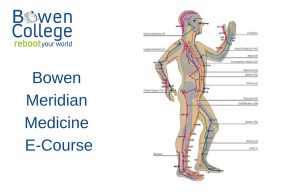The high correlation between early childhood trauma and chronic diseases has prompted research on the body’s reaction to prolonged versus occasional stress and whether it could be measured through biological indices. According to Steven Maier: “Research shows that the immune system sends signals to the brain that potently alter neural activity and thereby alter everything that flows from neural activity, mainly behavior, thought and mood.”
“In a real, true sense, stress makes you physically sick. In addition, many of the changes over time in mood and cognition from day to day are driven by events in the immune system of which we are unaware.” (LINK TO SOURCE Azar, 2001)
Untreated chronic stress leads to a systemic inflammatory reaction that disrupts homeostasis. This reaction is mediated by the hypothalamic-pituitary-adrenal axis and the sympathetic nervous system.
As we have seen in previous posts, stress evokes a complicated cascade of biochemical and physical responses that affect the immune system. The immune system and the brain “talk” to each other through signaling pathways. Mind-body communication is based on physiological pathways that involve the nervous system, the endocrine system, and the immune system. How then does all this come together to make people sick? We’ll begin unpacking that story in my next post. Hope to see you there.









